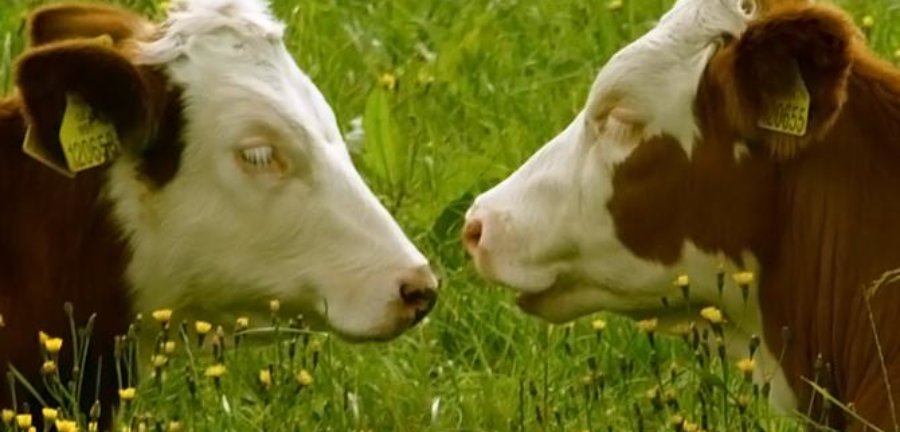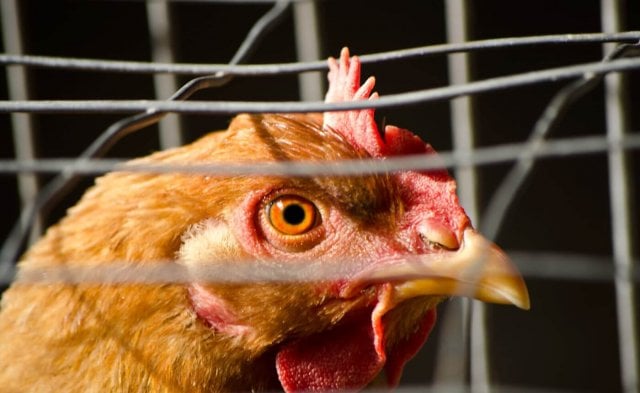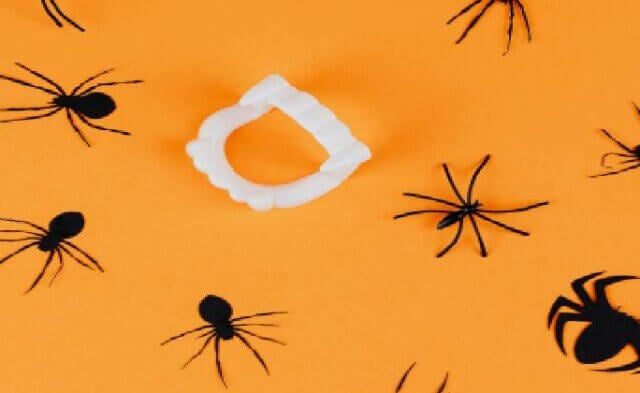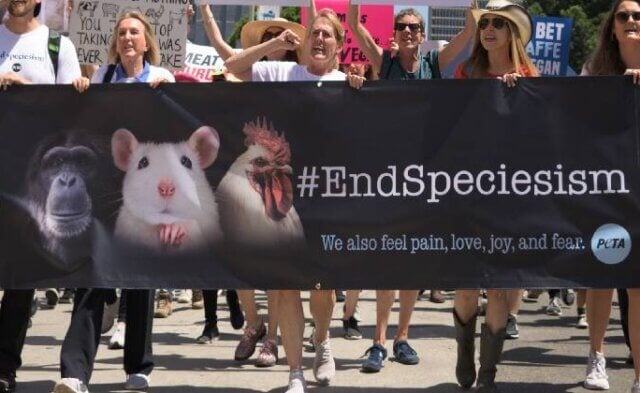We’ve all done it. Every one of us has thoughtlessly thrown out an old platitude like “kill two birds with one stone” or “beat a dead horse.” Most people would recoil from actually committing those acts, but using those expressions still has an impact.
Words have meaning. They have power. Making light of cruelty to animals or using language that portrays animals as inanimate objects—such as referring to them as “it”—desensitizes the public and paves the way for the complacent acceptance of cruelty to animals. Respect matters.
Just think of the interesting conversations to be had by broaching this subject. During a family dinner, one of my relatives offhandedly remarked that he “had no dog in this fight.” I responded, “You’re a nice guy—of course you don’t support dogfighting.” After a moment or two of dead silence, a lightbulb went on over my uncle’s head and he said, “I never once put that together. Of course, that’s what that means!” For the next half hour or so, the entire family had a lively, thought-provoking debate about these types of sayings and why they’re still part of the lexicon. We all agreed that we would think twice before using a detrimental idiom again.
From the time we’re young, most of us are conditioned to view certain species as worthy of care and compassion and others as unworthy—all based on arbitrary human preferences. Parents, teachers, the media, and other influencers send children the message—unintentionally or not—that puppies and kittens are “friends,” that cows and chickens are “food,” and that rats and mice are “pests.” Most children are also taught that human needs, wants, and interests always trump those of any other species. This mindset is called “speciesism,” and it results in all kinds of harmful consequences.
All animals deserve equal consideration, regardless of our feelings toward them. While most of us have been indoctrinated in the idea of speciesism throughout our lives, we can—and must—overcome this inaccurate, detrimental way of thinking. We can start right now, by changing the way we speak about and refer to other species. After all, you can teach an old clown new tricks!





